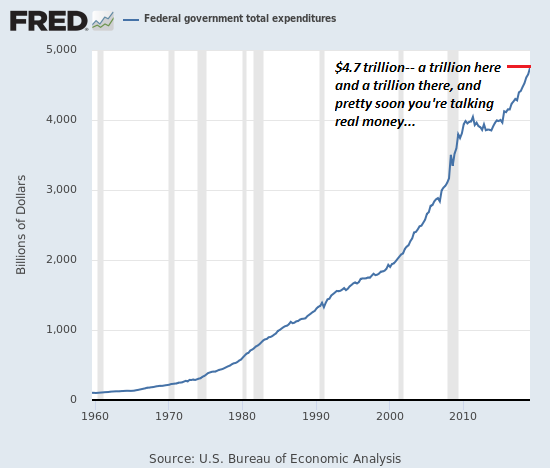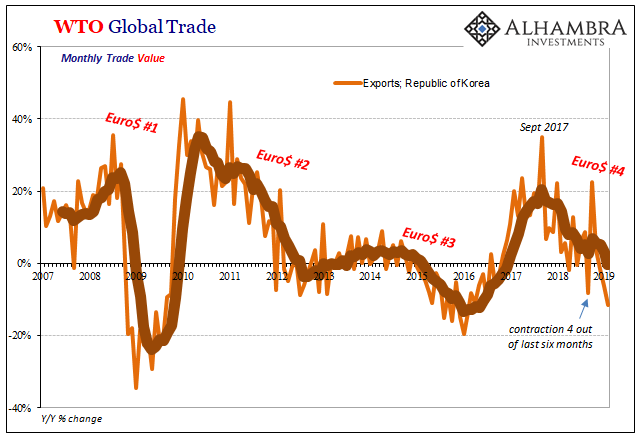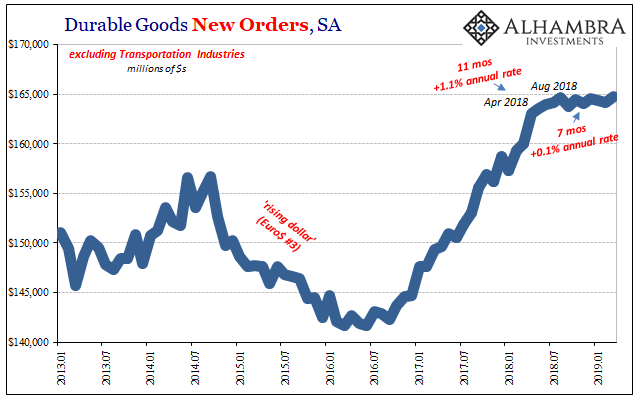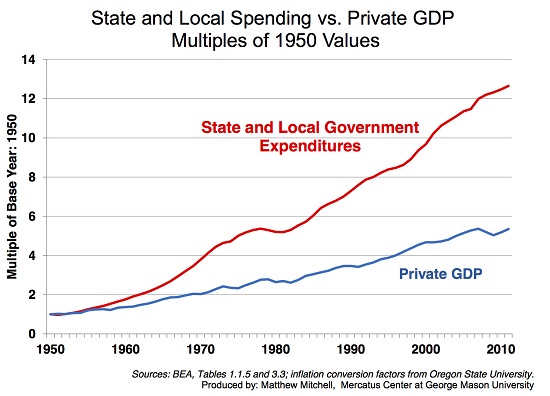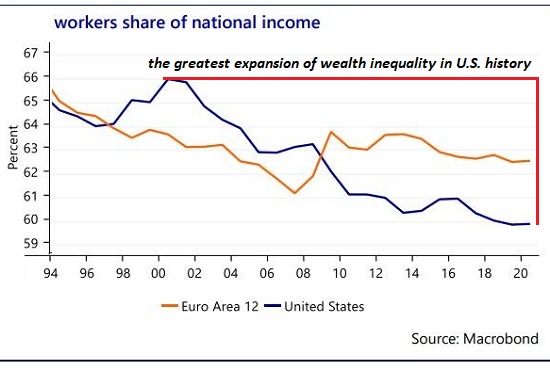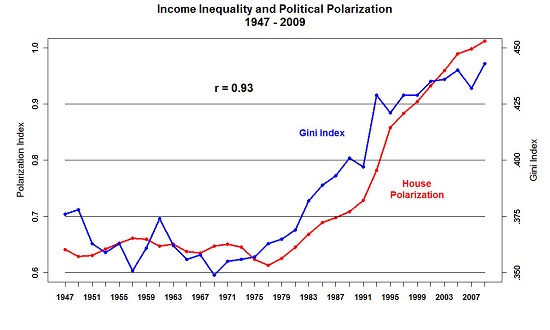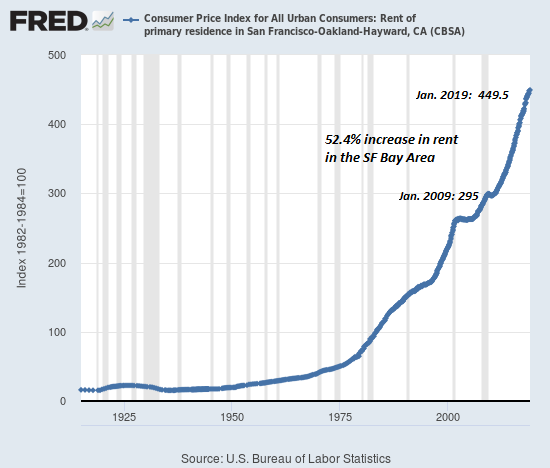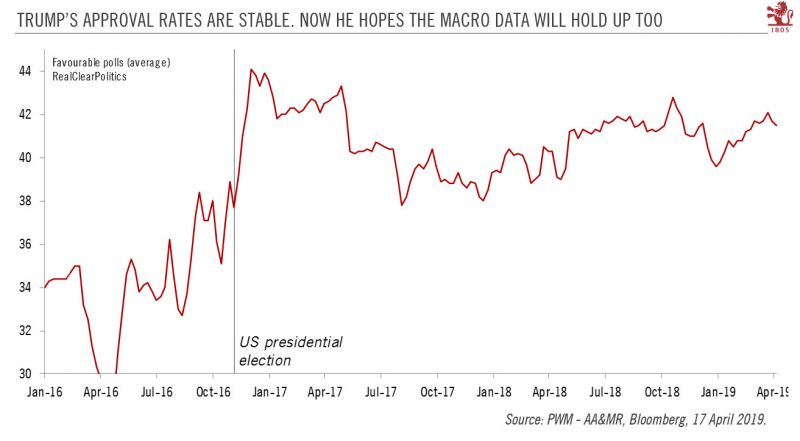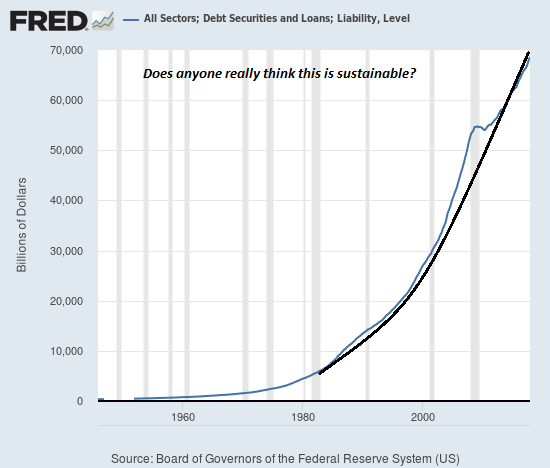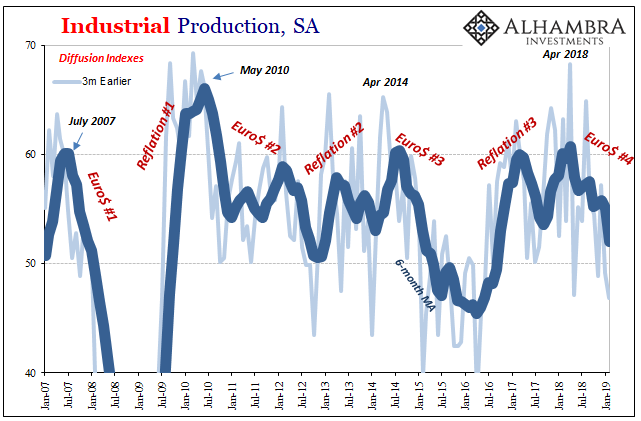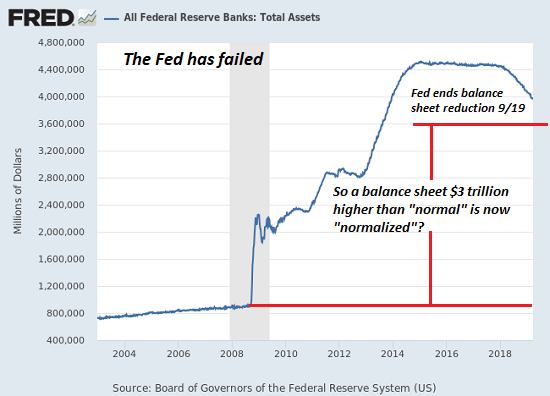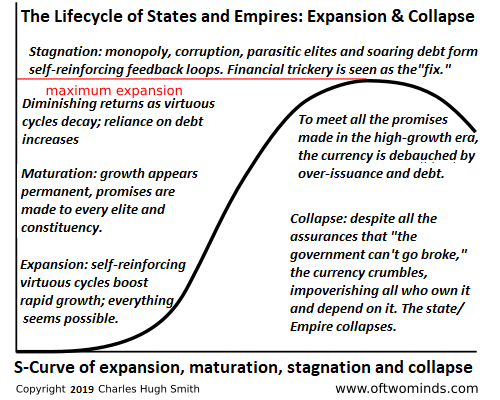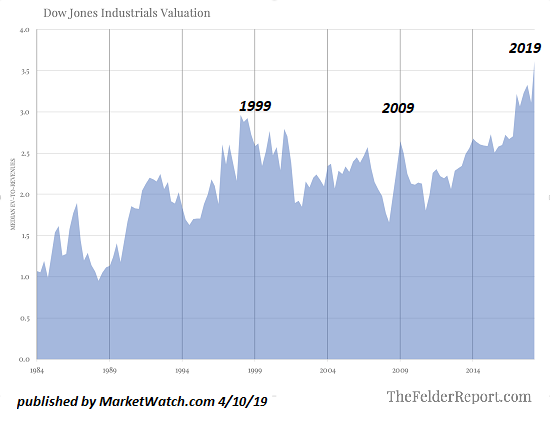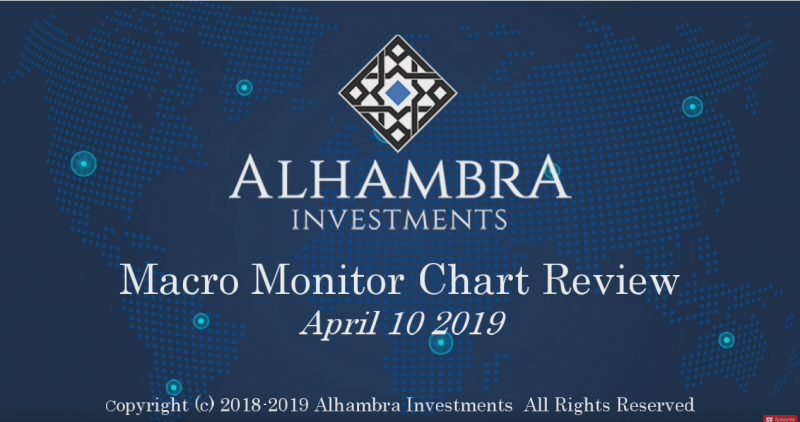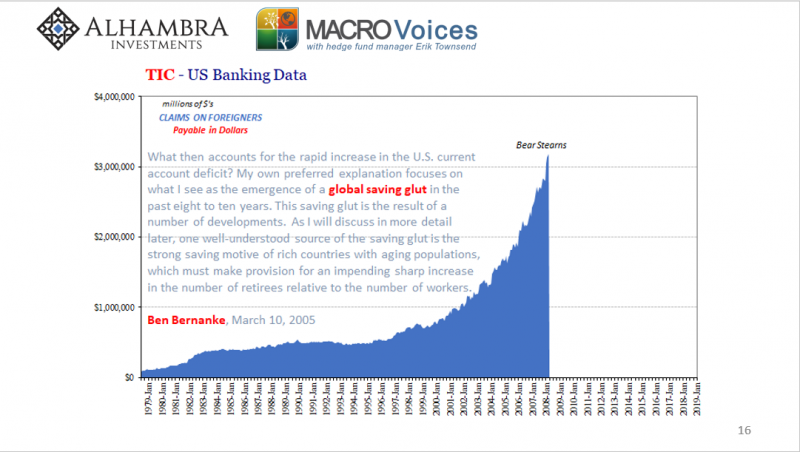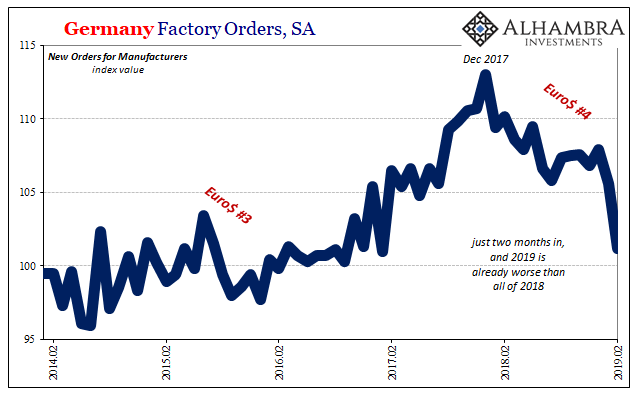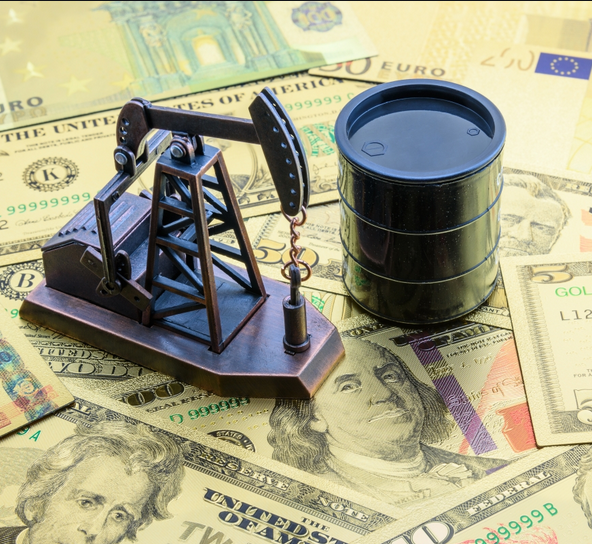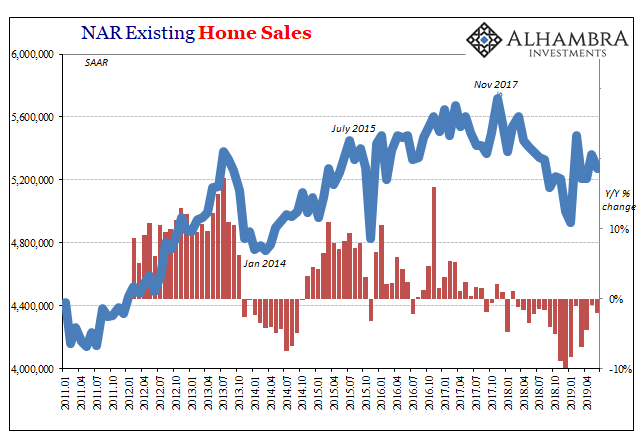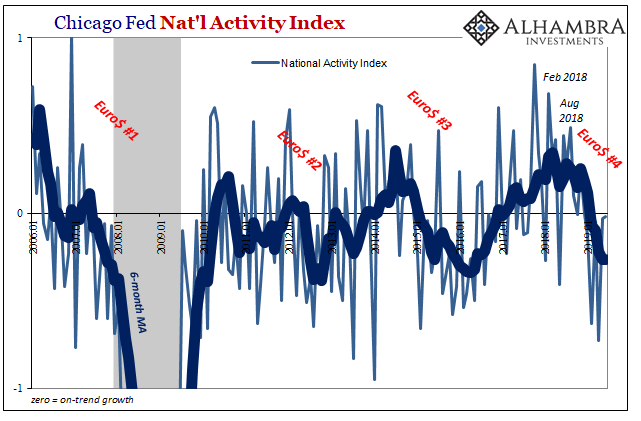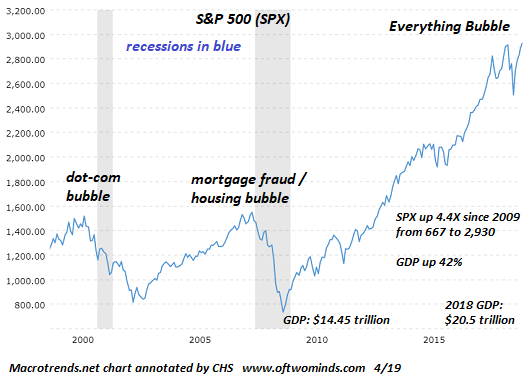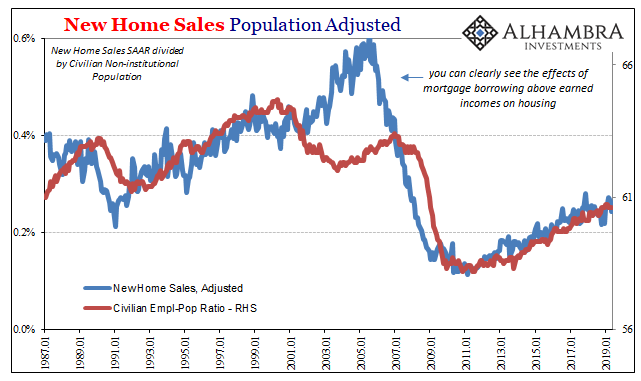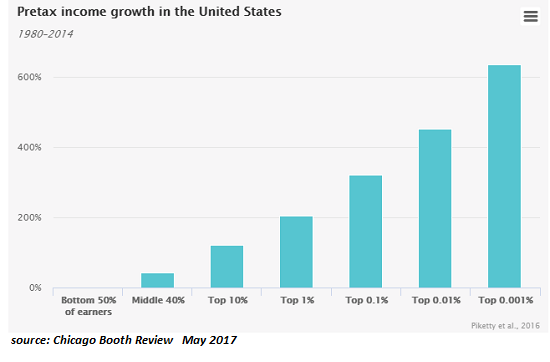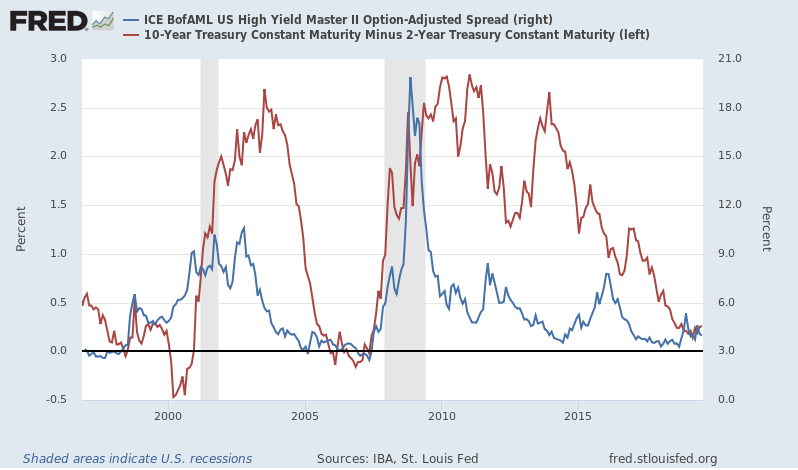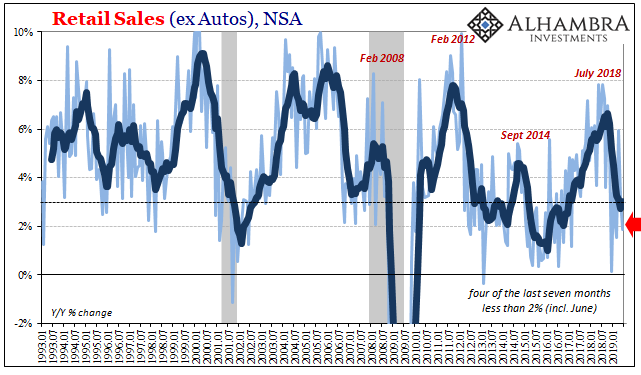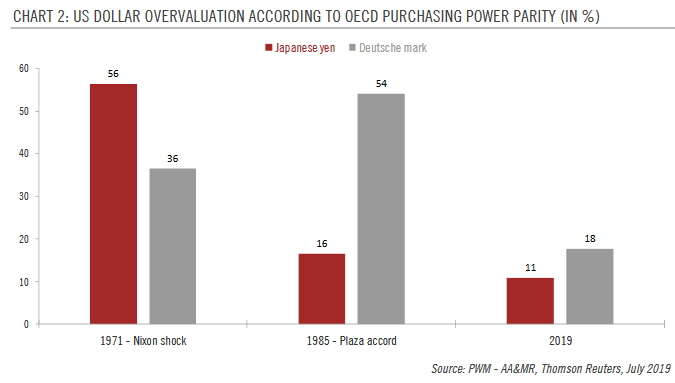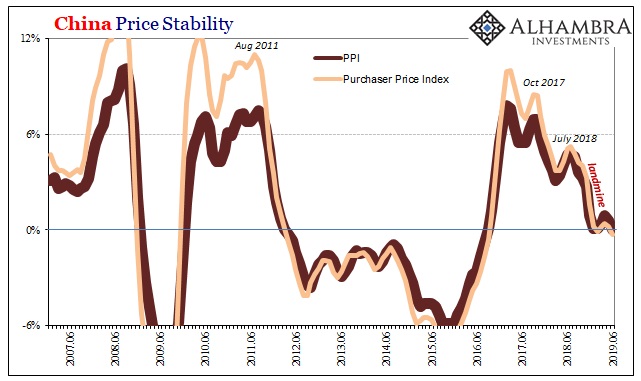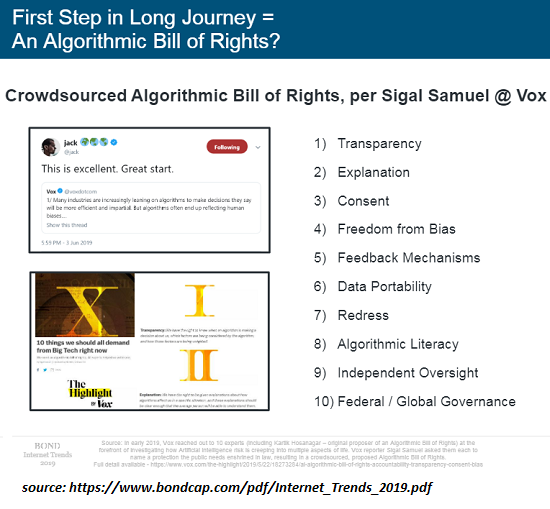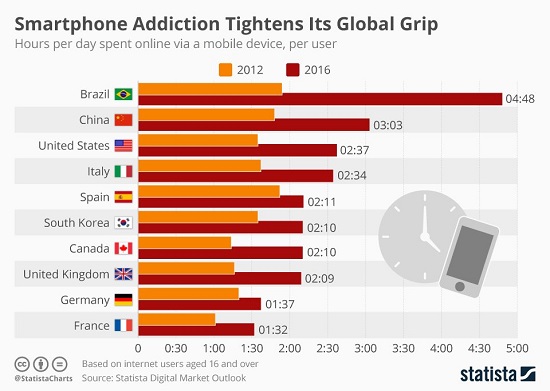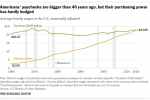Category Archive: 5.) The United States
There Are Two Little Problems with “Taxing the Rich” to Pay for “Free Everything”
No super-wealthy individual or household is going to pay billions in additional taxes when $10 to $20 million will purchase political adjustments. The 2020 election cycle has begun, and a popular campaign promise is "free everything" paid for by new taxes on the super-wealthy. Who doesn't like free stuff? Who will vote for whomever offers them free stuff? No wonder it's a popular campaign promise.
Read More »
Read More »
Globally Synchronized…
The economic sickness is predictably spreading. While unexpected in most of the world which still, somehow, depends on central banking forecasts, it really has been almost inevitable. From the very start, just the utterance of the word “decoupling” was the kiss of death.
Read More »
Read More »
Durably Sideways
Next month, in the durable goods series, the Census Bureau will release the results of its annual benchmark changes. In May 2019, the agency will revise the seasonal adjustments going back to January 2002. Unadjusted data will not be, well, further adjusted.
Read More »
Read More »
Push Them Hard Enough and the Productive Class Will Opt Out of Servitude
People love their big paychecks, but they also value their sanity. One of the most astonishing manifestations of disconnected-from-reality hubris is public authorities' sublime confidence that employers and entrepreneurs will continue starting and operating enterprises no matter how difficult and costly it becomes to keep the doors open, much less net a profit.
Read More »
Read More »
The Feedback Loop of Doom: When Mobile Creatives and Capital Abandon Unaffordable, Dysfunctional Cities
When the 4% who generate the jobs and tax revenues have had enough and leave, the effects quickly impact the 64%. At the end of any trend, everyone's a true believer: this trend is so enduring, so broad-based, so based on unchanging fundamentals that it will never ever reverse.
Read More »
Read More »
If “Getting Ahead” Depends on Asset Bubbles, It’s Not “Getting Ahead,” It’s Gambling
Given that the economy is now totally and completely dependent on inflating asset bubbles, it makes no sense to invest for the long-term. Beneath the endlessly hyped expansion in gross domestic product (GDP) of the past two decades, the economy has changed dramatically. The American Dream boils down to social and economic mobility, a.k.a. getting ahead through hard work, merit and wise investments in oneself and one's family.
Read More »
Read More »
How Empires Fall: Moral Decay
There is a name for this institutionalized, commoditized fraud: moral decay. Moral decay is an interesting phenomenon: we spot it easily in our partisan-politics opponents and BAU (business as usual) government/private-sector dealings (are those $3,000 Pentagon hammers now $5,000 each or $10,000 each? It's hard to keep current...), and we're suitably indignant when non-partisan corruption is discovered in supposed meritocracies such as the college...
Read More »
Read More »
America’s Forced Financial Flight: Fleeing Unaffordable and Dysfunctional Cities
The forced flight from unaffordable and dysfunctional urban regions is as yet a trickle, but watch what happens when a recession causes widespread layoffs in high-wage sectors. For hundreds of years, rural poverty has driven people to urban areas: cities offer paying work and abundant opportunities to get ahead, and these financial incentives have transformed the human populace from largely rural to largely urban in the developed world.
Read More »
Read More »
Business cycle could define Trump’s re-election chances
President Trump’s focus on getting re-elected in November 2020 may have implications for his economic policy choices.As we move closer to the 2020 presidential election, Trump has been blatantly leaning on the Federal Reserve to be more accommodative and has been trying to appoint nominees who share his preference for loose monetary policy to the Fed board.
Read More »
Read More »
The Next Financial Crisis Won’t Be Caused by Fraud: This Time Will Be Different
Financial crises come in two flavors: fraud and credit-valuation over-reach.Fraud-based financial crises may differ in particulars, but they share many traits: perverse incentives are institutionalized; the perverse incentives reward figuring out how to evade oversight via fraud, embezzlement, masking risk, etc. which are soon commoditized; regulations are gutted by insider-funded lobbying; regulators fail to do their job in hopes of getting...
Read More »
Read More »
Green Shoot or Domestic Stall?
According to revised figures, things were really looking up for US industry. For the month of April 2018, the Federal Reserve’s Diffusion Index (3-month) for Industrial Production hit 68.2. Like a lot of other sentiment indicators, this was the highest in so long it had to be something. For this particular index, it hadn’t seen better than 68 since way back in March 2010, back when the economy looked briefly like it might actually recover.
Read More »
Read More »
No Fix for Recession: Without a Financial Crisis, There’s No Central Bank Policy Fix
There are no extreme "fixes" to secular declines in sales, profits, employment, tax revenues and asset prices. The saying "never let a crisis go to waste" embodies several truths worth pondering as the stock market nears new highs. One truth is that extreme policies that would raise objections in typical times can be swept into law in the "we have to do something" panic of a crisis.
Read More »
Read More »
Assange and the Unforgivable Sin of Disemboweling Official Narratives
There is really only one unforgivable sin in the political realm, and that's destroying the official narrative by revealing the facts of the matter. This is why whistleblowers who make public the secret machinery of the elaborately artful lies underpinning all official narratives are hounded to the ends of the Earth.
Read More »
Read More »
Blind Faith vs. the Bottom Line
There is more than a little "let them eat brioche" in the blind faith that the masses' patience for pillage is infinite. We've reached an interesting moment in history where we each have a simple choice: we either go with blind faith or we go with the bottom line, i.e. the facts of the matter. So far, 2019 is the year of Blind Faith, as the charts below illustrate: the bottom line no longer matters.
Read More »
Read More »
Monthly Macro Chart Review – April 2019 (VIDEO)
Alhambra CEO Joe Calhoun discusses the charts from the past month and what they indicate.
Read More »
Read More »
Why 2011
The eurodollar era saw not one but two credit bubbles. The first has been studied to death, though almost always getting it wrong. The Great Financial Crisis has been laid at the doorstep of subprime, a bunch of greedy Wall Street bankers insufficiently regulated to have not known any better. That was just a symptom of the first. The housing bubble itself was more than housing.
Read More »
Read More »
Here’s What It’s Like To Be a Bear in a Rigged Market
Central bankers and media handlers must be laughing at how easy it is to slaughter the Bears and doubters with another fake-news round of trade-deal rumors and another Fed parrot being prompted to repeat some dovish mumbo-jumbo. It's not just tough being a Bear in a market rigged by trade deal rumors, Federal Reserve dovishness, a tsunami of Chinese liquidity and $270 billion in stock buy-backs in the first quarter--it's impossible.
Read More »
Read More »
Trade Deal Follies: The U.S. Has Embraced the World’s Worst Negotiating Tactics
The world's worst negotiating strategy is to make a crazy tulip-bubble stock market rally dependent on a trade deal that harms the interests of the U.S. The world's worst negotiating tactics, the equivalent of handing the other side a loaded gun while waving a squirt gun around, are: 1. Declare a de facto political deadline for a deal. Constantly tweet that a deal is imminent.
Read More »
Read More »
Monthly Macro Chart Review: April 2019
The economic data reported over the last month managed to confirm both that the economy is slowing and that there seems little reason to fear recession at this point. The slowdown is mostly a manufacturing affair – and some of that is actually a fracking slowdown – but consumption has also slowed.
Read More »
Read More »
External Demand, Global Means Global
The Reserve Bank of India (RBI) cut its benchmark money rate for the second straight meeting. Reducing its repo rate by 25 bps, down to 6%, the central bank once gripped by political turmoil has certainly shifted gears. Former Governor Urjit Patel was essentially removed (he resigned) in December after feuding with the federal government over his perceived hawkish stance.
Read More »
Read More »









